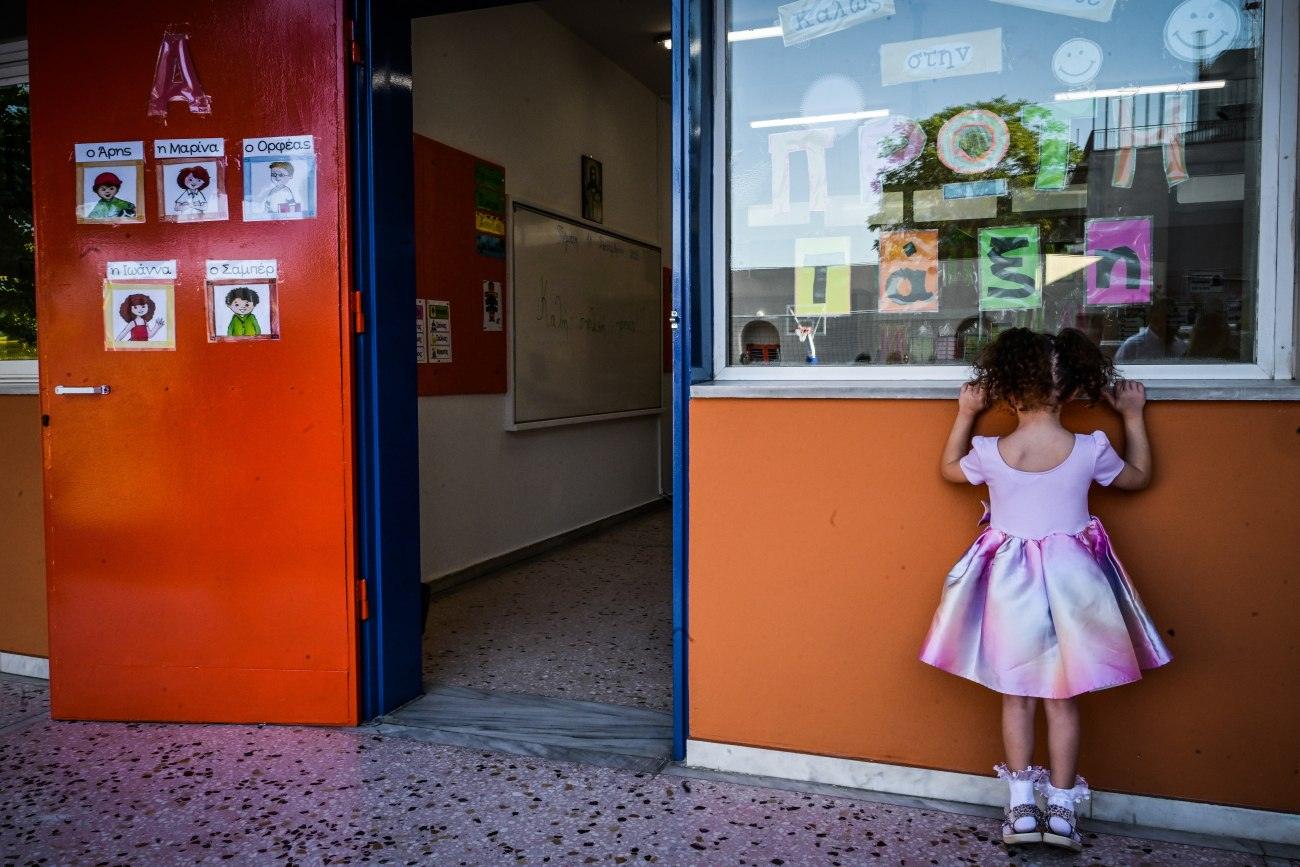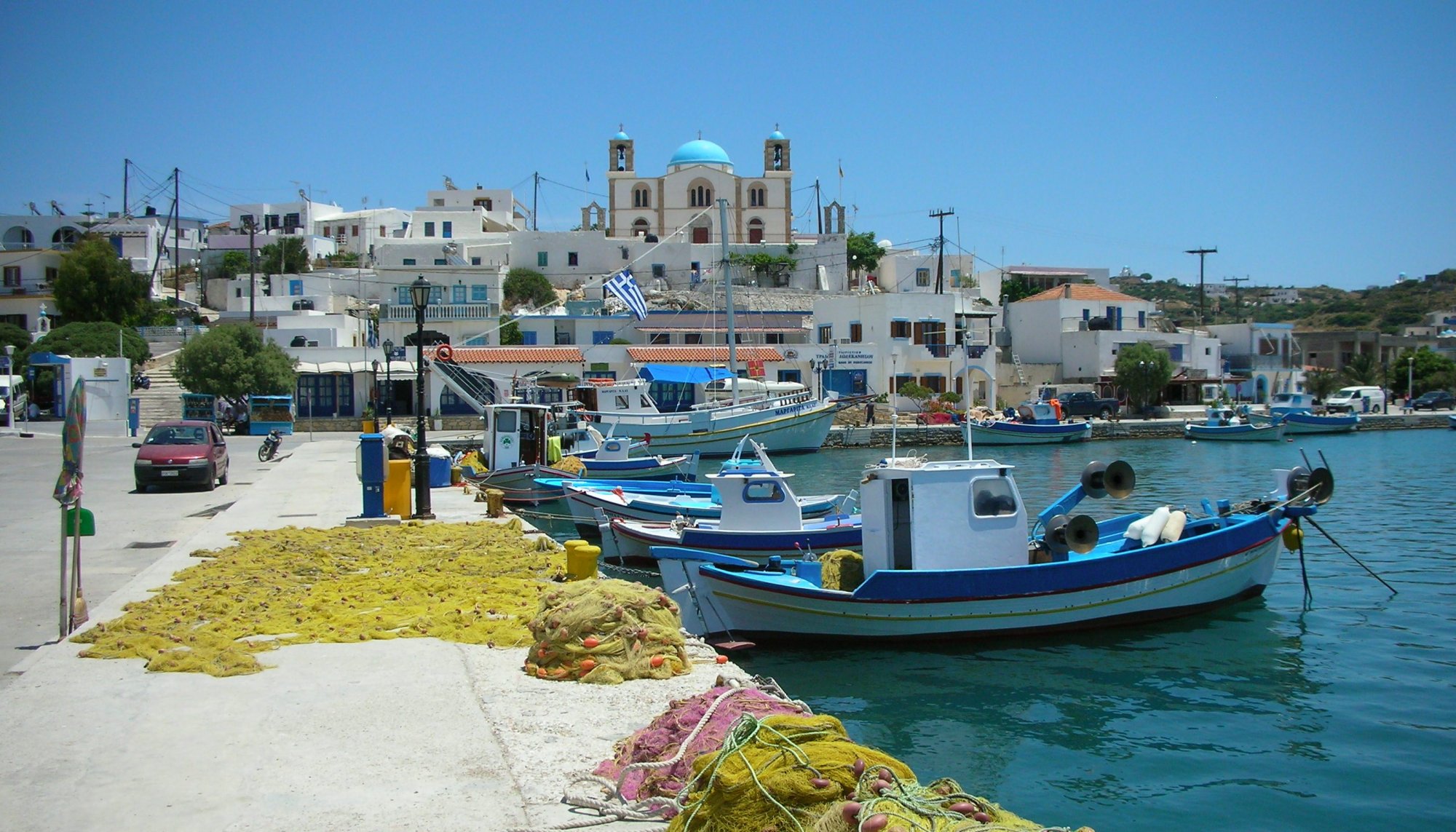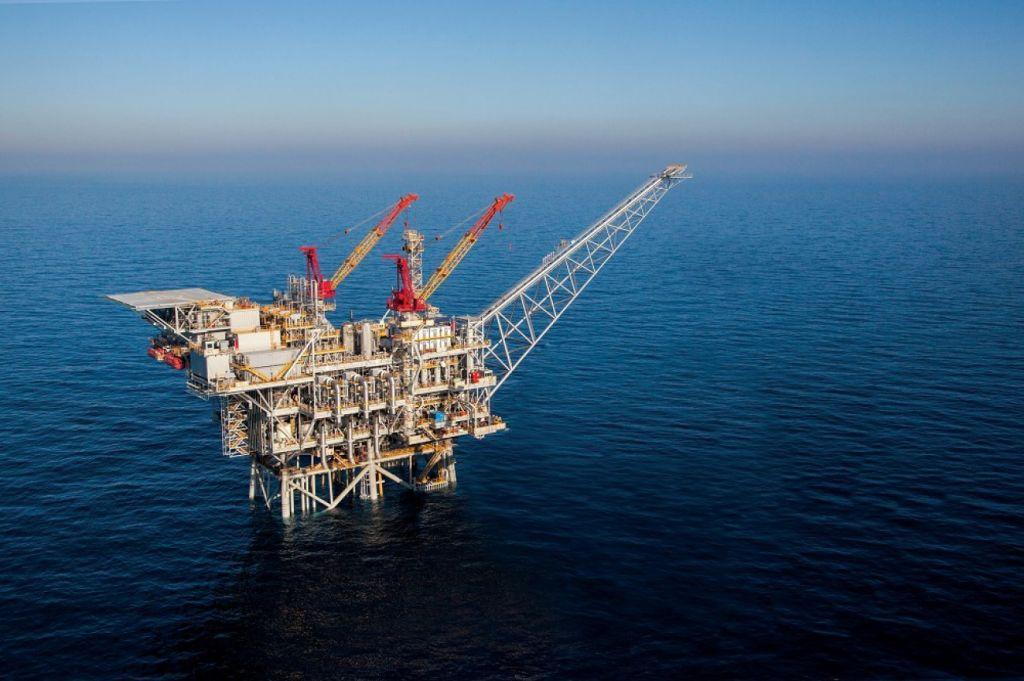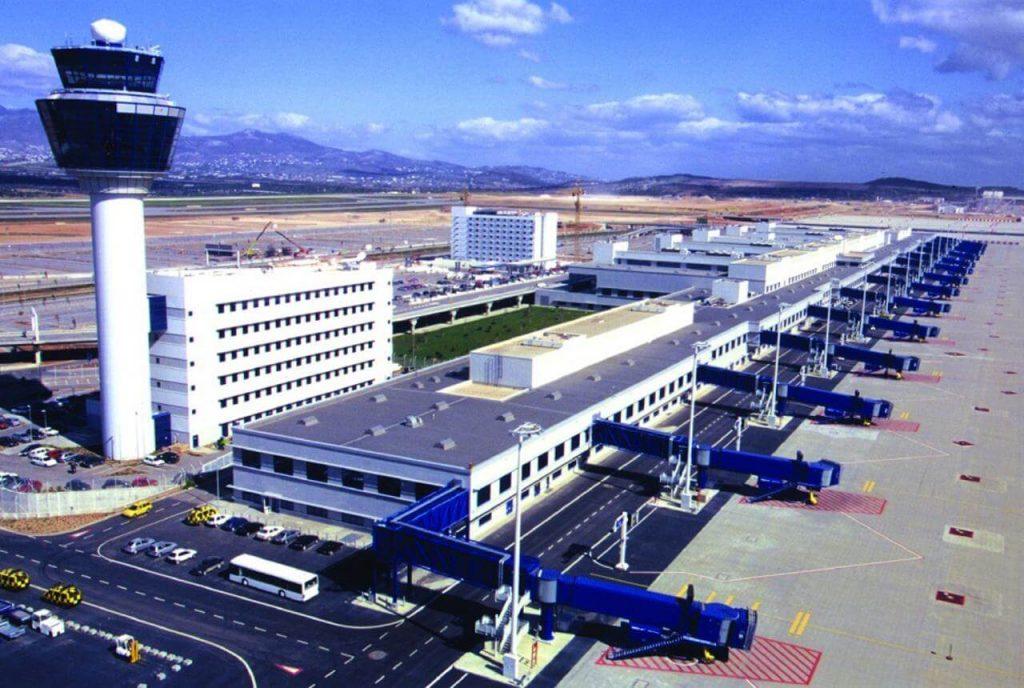Tourists may be voting for Greece with a vengeance this year, but the “wallet” of travelers is restrained – given that travel packages to Greek destinations are more expensive.
On the one hand, Greece holds the scepter of demand in the area of short-term – Airbnb type – rentals while on the other hand, the average expenditure of foreign visitors in Greece in the four months of January – April was down by 9.6%. According to data from the Bank of Greece, in April the average expenditure per trip fell by 8.4%.
In practice this means that this year the average tourist stays fewer nights in a destination and spends less money.
The boom for short term rentals
Greece leads the way among the countries where the current demand for Airbnb-type accommodation has exceeded the levels of 2019 and correspondingly exceeded the supply, in May, according to the latest data from AirDNA.
The increase in demand in May in Greece was five times higher than the corresponding increase in the supply of accommodation in the same period, with France following with a triple increase in demand compared to the increase in supply in 2019.
Greece’s main competitors, such as Spain, Portugal and Italy, also moved to good levels in terms of occupancy, with demand observed 20-35% higher than in 2019.
The prospects remain favorable for the future as well, with the demand for the next six months maintaining its upward course.
Greece again maintains its momentum with the increase in pre-bookings standing at +21% compared to last year.
Although the specific percentage is not the highest among the European states examined, given that the corresponding percentages in Norway, Poland, Sweden and Austria are 40%, 43%, 33% and 32%, it is the largest positive change among the countries of the Mediterranean, after France and Croatia and Portugal register an increase of 16%, Spain moves to plus 13% and Italy increases by 19% compared to last year.
Revenues are falling
The big bet for this year’s tourist season is to surpass the records of 2019, the year before the pandemic.
However, tourism officials express their concerns about the course of the season, as the months of May and June were sluggish in terms of revenue.
The first pessimistic estimates regarding the achievement of the goal of new records in arrivals and revenues have already begun to be formulated.
High prices, more expensive tourist packages, inflationary pressures, energy costs, declining appetite for travel, and competition from neighboring countries such as Turkey, are considered causes of this change in the tourist flow.





































